Spark Plasma Sintering (SPS) Machines: A Gateway to Advanced Material Consolidation
In advanced materials engineering, innovation and precision play a pivotal role in shaping the landscape of modern industries. Spark Plasma Sintering (SPS) machines have emerged as a groundbreaking technology that allows for the rapid consolidation of materials under precisely controlled conditions. Among the pioneers in providing SPS services, California Nanotechnologies stands out as a trusted partner, offering expertise and cutting-edge technology to harness the potential of SPS for a wide range of applications.
What is an SPS Machine?
Spark Plasma Sintering (SPS), also known as Field Assisted Sintering Technique (FAST), is a revolutionary materials processing method that facilitates the synthesis, densification, and sintering of powders into solid components. Unlike traditional sintering methods, SPS machines utilize direct electrical current and pressure to create an environment that enables rapid densification and consolidation of materials, often in a matter of minutes.
How Does an SPS Machine Work?
The core principle behind an SPS machine involves the application of pulsed direct current (DC) and uniaxial pressure to a compacted powder specimen. The process occurs within a vacuum or controlled atmosphere, preventing oxidation and ensuring high-quality outcomes. Here's a simplified breakdown of the SPS process:
Powder Loading: The raw powder material is loaded into a die that is often made from a conductive material, such as graphite.
Compaction: A predetermined load is applied to the powder, creating a compacted sample ready for sintering.
Heating: Pulsed DC flows through the sample, generating intense localized heating at the powder particle contacts. This leads to rapid heating, often reaching temperatures near or above the material's melting point.
Sintering: The combination of pressure and localized heating leads to rapid densification as the particles bond together. The short processing time minimizes grain growth and enables the retention of desirable properties.
Cooling: After sintering, the sample is rapidly cooled to preserve the achieved microstructure.
Applications of SPS
The versatility of SPS technology has resulted in its widespread adoption across various industries:
- Advanced Ceramics: SPS is used to produce high-performance ceramic components with exceptional mechanical properties, thermal resistance, and electrical conductivity.
- Metals and Alloys: SPS facilitates the consolidation of metal and alloy powders, enabling the production of intricate, fully dense parts with controlled microstructures.
- Functional Materials: SPS is employed to create functional materials, such as thermoelectric devices, superconductors, and solid oxide fuel cells, with enhanced performance characteristics.
- Research and Development: SPS machines are vital tools in materials research, allowing scientists to study phase transformations, grain growth, and mechanical properties under controlled conditions.
Why Choose California Nanotechnologies for SPS Services?
California Nanotechnologies (CNI) has established itself as a leading authority in the field of advanced materials engineering, particularly in the realm of SPS technology. Several factors set CNI apart as a trusted partner for SPS services:
- Expertise: CNI boasts a team of experienced scientists and engineers who possess in-depth knowledge of SPS technology and its applications.
- State-of-the-Art Facilities: CNI's advanced SPS machines are equipped with cutting-edge technology, ensuring precise control over temperature, pressure, and other process parameters.
- Custom Solutions: CNI collaborates closely with clients to develop customized SPS solutions that meet specific material and product requirements.
- Quality Assurance: CNI maintains stringent quality control measures throughout the SPS process, resulting in consistent and reliable outcomes.
- Innovation: With a commitment to pushing the boundaries of materials science, CNI invests in research and development to explore new applications and techniques in SPS technology.
Conclusion
Spark Plasma Sintering (SPS) machines have revolutionized the way advanced materials are synthesized and consolidated, offering rapid processing and superior material properties. As a pioneer in the field, California Nanotechnologies stands out as a trusted partner, leveraging its technical expertise and state-of-the-art facilities to provide tailored SPS solutions for a diverse range of industries.
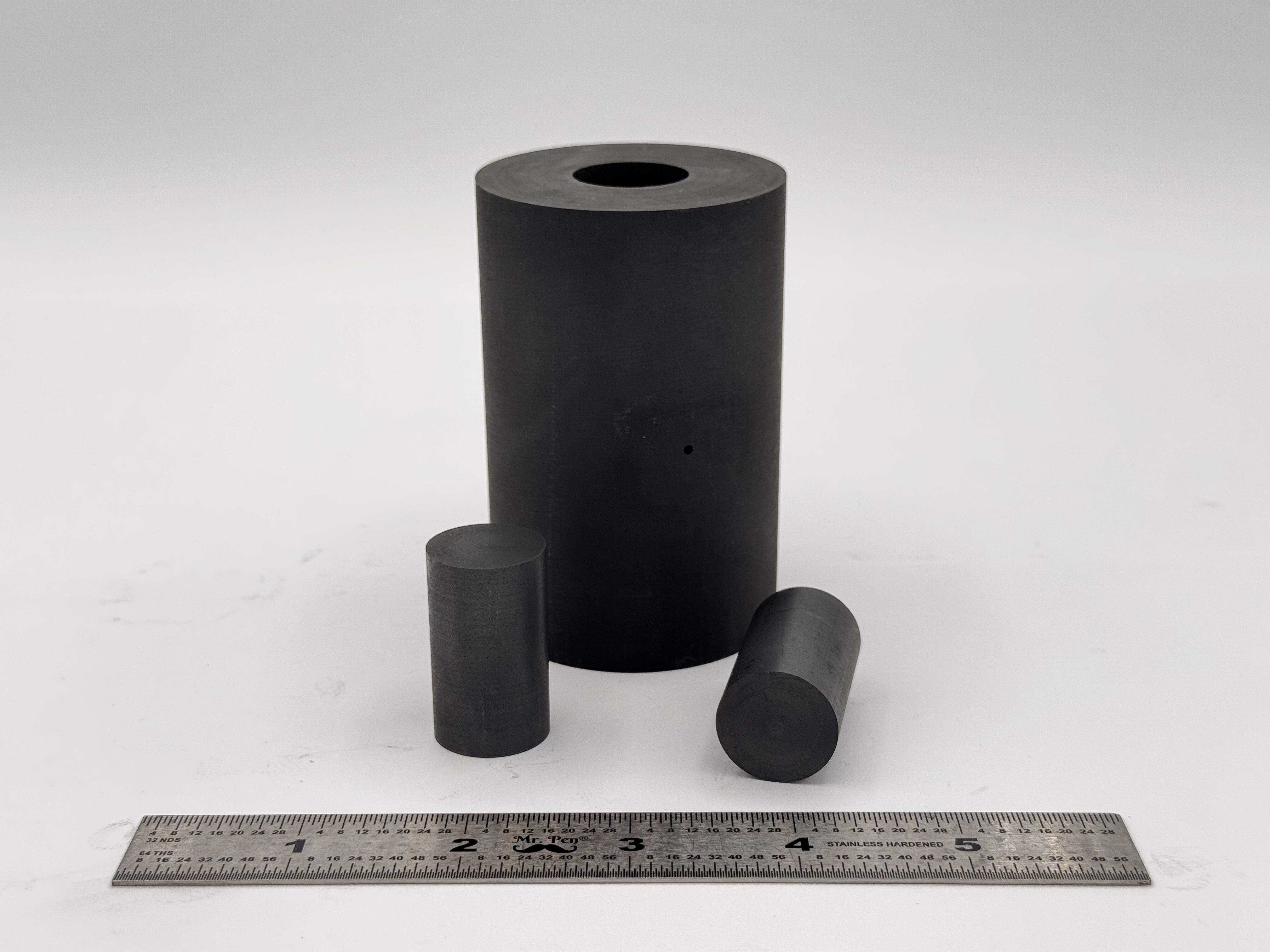 High Strength SPS Graphite Tooling
High Strength SPS Graphite Tooling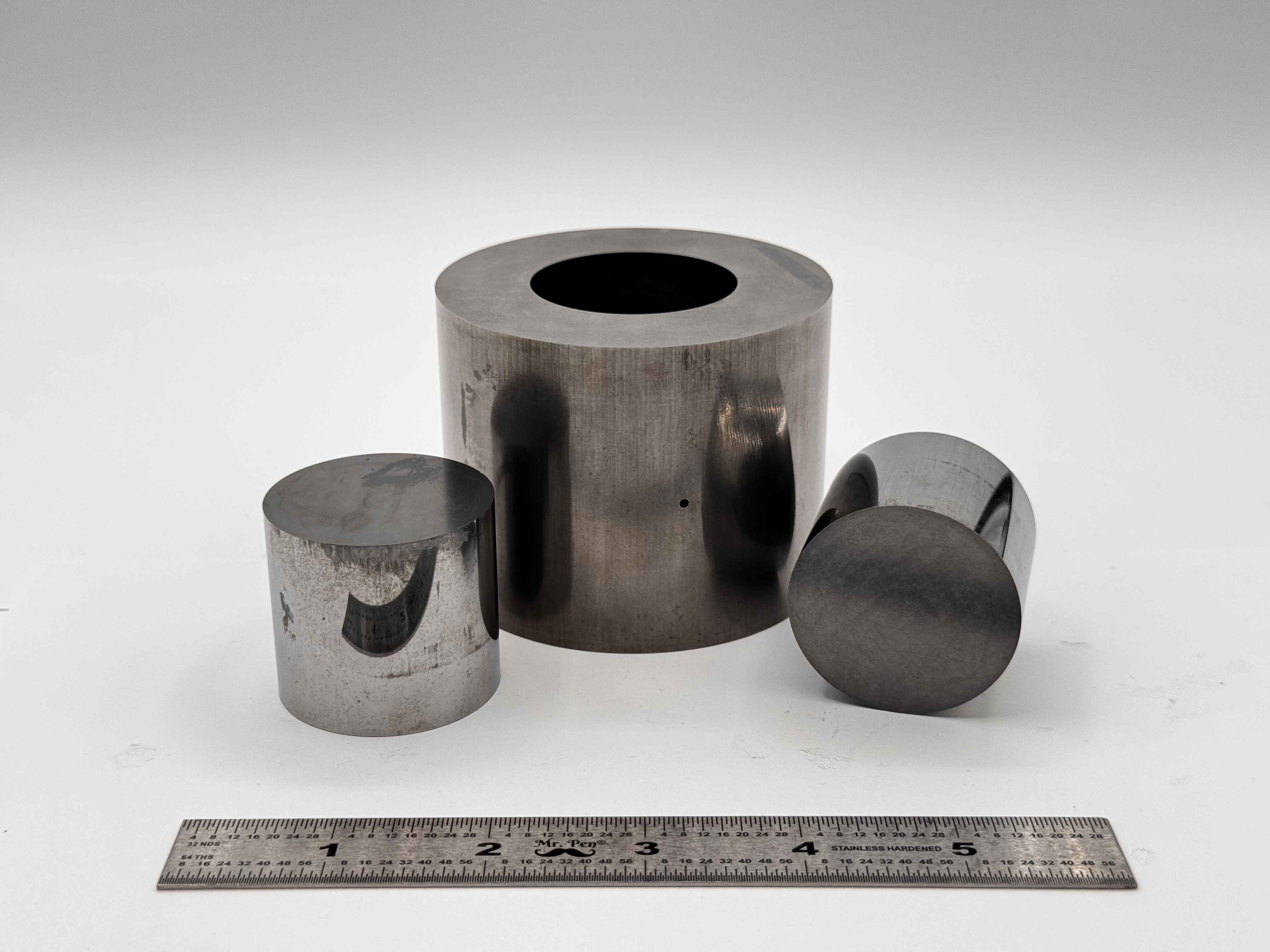 Tungsten Carbide Tooling
Tungsten Carbide Tooling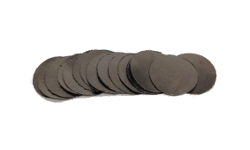 Carbon Graphite Foil / Paper
Carbon Graphite Foil / Paper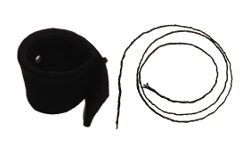 Carbon Felt and Yarn
Carbon Felt and Yarn Spark Plasma Sintering Systems
Spark Plasma Sintering Systems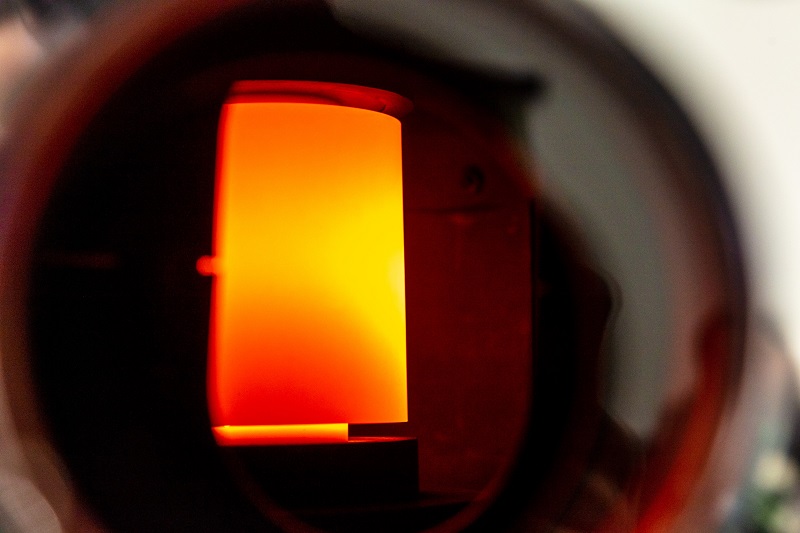 SPS/FAST Modeling Software
SPS/FAST Modeling Software